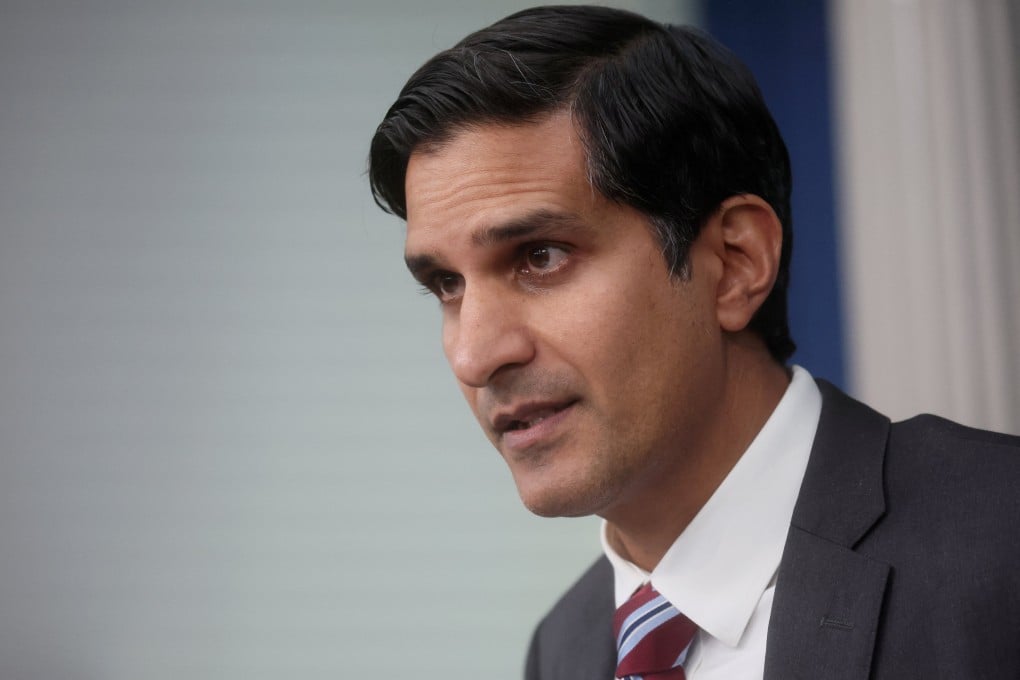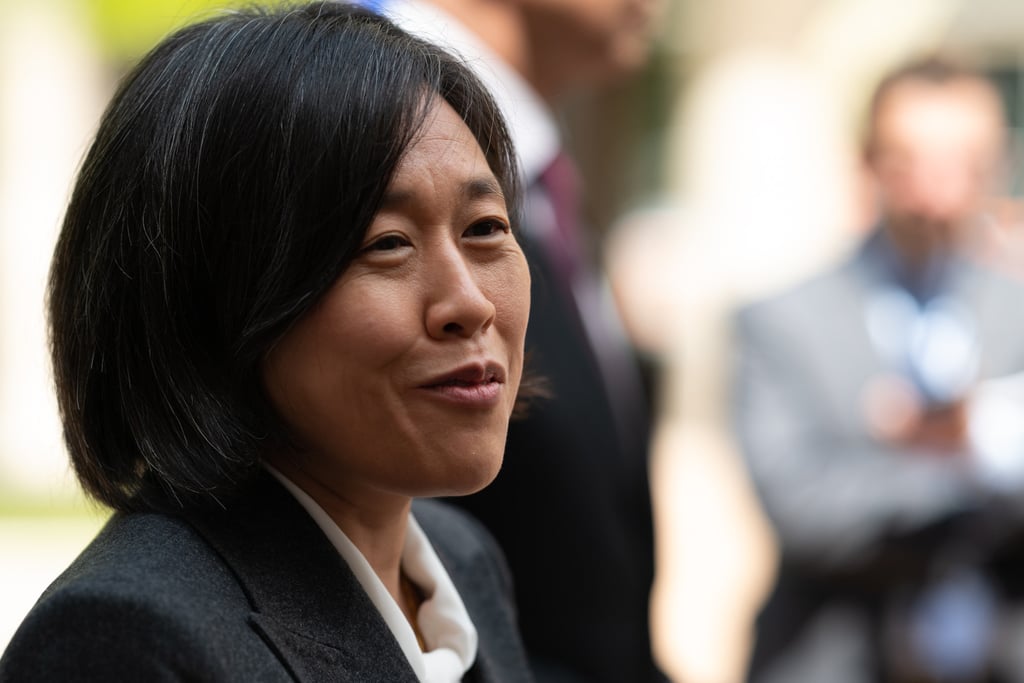US could lower China tariffs to combat inflation, White House adviser suggests
- Trump-era duties on items like bicycles and underwear serve no strategic purpose, says national security official Daleep Singh
- There may be an ‘opportunity’ to look into the import duties amid rising prices and China’s own supply chain concerns, he notes

Washington is weighing a reduction of tariffs on non-strategic goods from China such as bicycles and apparel, a White House national security official said on Thursday, as part of efforts to combat soaring inflation.
“While they may have created negotiating leverage, they serve no strategic purpose,” Daleep Singh, deputy national security adviser for international economics, said of the tariffs imposed on Chinese imports during the trade war that began in 2018.
“Our opportunity … is to reframe the purpose of these tariffs so that they’re advancing real, strategic priorities of the United States,” Singh said at an event hosted by the Washington-based Bretton Woods Committee.
Such a move would maintain tariffs on goods connected to critical supply chains, foundational technologies and national security but reduce duties on things like bicycles, apparel and underwear, he said.

Singh also suggested that the arrangement could have a mutual component, whereby China could move to lift some of its own non-strategic tariffs on US imports given Beijing’s “very serious supply chain concerns” caused by the economic fallout of its zero-Covid strategy.